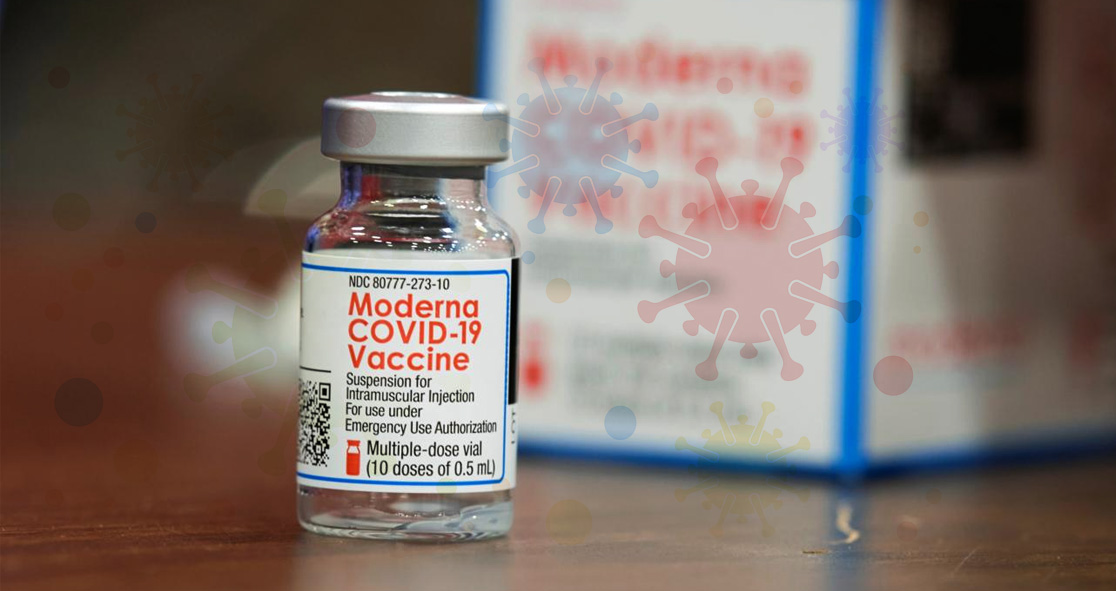In the United States, more than 50% of people have been vaccinated against the deadly coronavirus. However, many people are still hesitant to take the vaccine.
As the highly transmissible Delta variant is dominating the nation, vaccination efforts have once again gained an increased urgency.
In December 2020, the Food and Drug Administration (FDA) issued an Emergency Use Authorization (EUA) for both Pfizer and Moderna vaccine for the prevention of COVID-19. Later, the agency also issued EUA for the single-dose Johnson & Johnson vaccine.
The FDA announced full approval of the Pfizer COVID-19 vaccine in August 2021. However, Moderna is still waiting for the FDA’s full approval.
A key difference between EAU and full approval is that the agency monitors the data of how the vaccines fared in six months.
On August 23, the FDA announced full approval of the first COVID-19 vaccine (Pfizer-BioNTech) vaccine. The vaccine will be marketed as Comirnaty for the prevention of COVID-19 in people aged 16 and above.
White House Chief Medical Adviser Dr. Anthony Fauci has recently said that the FDA’s “official stamp of approval” could convince as many as 20% of the 90 million unvaccinated people eligible for the vaccine.
Moderna is trying to get full FDA approval, while the J&J vaccine expects to apply for FDA’s full approval later this year.
On August 25, Moderna submitted its completed Biologics License Application (BLA) to the agency seeking full approval for its COVID-19 vaccine in people aged 18 and above.
The FDA is reviewing the application under “Priority Review” so Moderna might have to wait a few more weeks to get the full approval.
Dr. Fauci said Sunday that Americans will be getting a third (booster) dose of the Pfizer COVID-19 vaccine during the week of September 20. He also said the rollout of Moderna’s third dose could be delayed. The FDA has already approved a booster dose of Pfizer for immunocompromised people.























